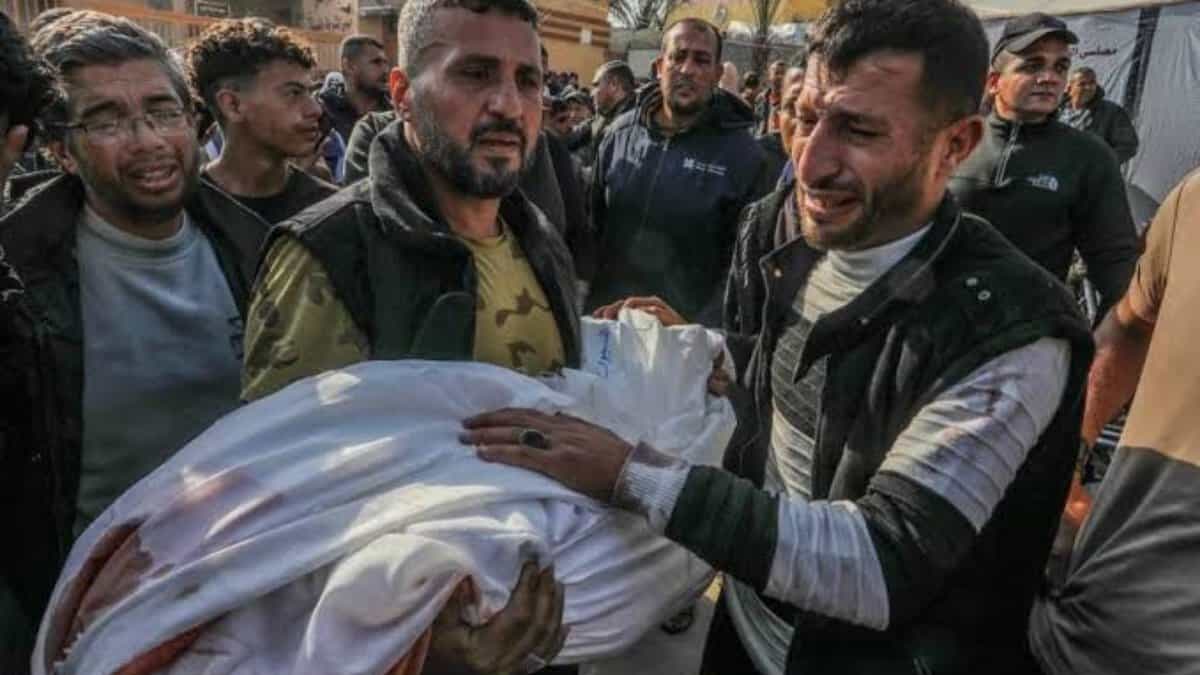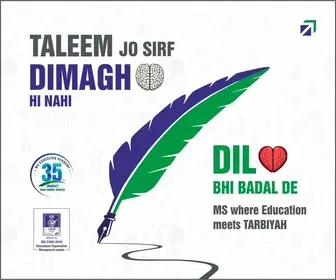
The International Association of Genocide Scholars (IAGS), the world’s foremost body of experts on mass atrocities, on Monday, September 1, formally declared that Israel’s actions in Gaza meet the legal definition of genocide under international law.
In a resolution adopted on August 31, eighty-six percent of the 500 members supported the declaration, reading that Israel’s policies and military operations in Gaza constitute genocide, war crimes, and crimes against humanity, clearly defined by the 1948 UN Genocide Convention, the Rome Statute of the International Criminal Court, and international humanitarian law.
Key findings of IAGS resolution
The resolution highlights that since October 7, 2023, the Israeli government has carried out widespread and systematic attacks against civilians and civilian infrastructure, such as hospitals, homes, schools, and aid facilities, resulting in the deaths of more than 59,000 Palestinians, mostly women and children, and injuring over 143,000, according to official UN estimates.
IAGS’s declaration includes
- Deliberate killings and injuries of civilians, including more than 50,000 children;
- Indiscriminate bombing and forced displacement of nearly all of Gaza’s 2.3 million residents;
- Destruction of homes and infrastructure, with over 90 percent of housing destroyed in some areas;
- Starvation tactics, including the targeting of agricultural fields, food warehouses, and bakeries;
- Deprivation of essential supplies such as food, water, electricity, and medicine;
- Sexual and reproductive violence, torture, and arbitrary detention;
- Attacks on medical professionals, aid workers, and journalists;
- Public statements by Israeli leaders signalling an “intent to destroy” the population.
The resolution cited statements by Israeli Prime Minister Benjamin Netanyahu endorsing plans to forcibly remove Palestinians from Gaza, which, UN experts have described as ethnic cleansing.
The IAGS also acknowledged the findings of the International Court of Justice (ICJ), which in three provisional rulings in 2024 found that it is “plausible” that Israel is committing genocide. The International Criminal Court (ICC) has also issued arrest warrants for Prime Minister Netanyahu and former Defence Minister Yoav Gallant, charging them with crimes including forced starvation and deliberate attacks on Palestinian civilians.
IAGS wants
- Calls on Israel to cease all acts constituting genocide, war crimes, and crimes against humanity;
- Urges compliance with the ICJ’s provisional measures and the ICC’s legal proceedings;
- Demands that all states fulfil their legal obligations under international law, including the Genocide Convention, to prevent and punish genocide;
- And calls for international support for a just process of repair and transitional justice for Palestinians in Gaza.
The resolution further affirms that these acts target not only Hamas, but the entire Gazan population, and have had devastating consequences for Palestinian families, society, and future generations.
According to health officials in Gaza, more than 63,500 people have been killed, over 160,000 injured, and hundreds of thousands displaced since the Israeli military offensive began. An estimated 9,000 people remain missing, while famine has claimed at least 348 lives, including 127 children.
Leading genocide scholars support resolution
The IAGS comprises over 500 scholars dedicated to genocide research and prevention. Among the leading experts supporting the resolution are:
- Melanie O’Brien – current president of IAGS, University of Queensland, Australia
- Henry Theriault – former IAGS president, Worcester State University
- Alexander Hinton – former IAGS president, Rutgers University
- Gregory H Stanton – founding president of Genocide Watch, former IAGS president
- Steven L Jacobs – former vice-president and secretary-treasurer, University of Alabama
- Elisa von Joeden-Forgey – past vice-president, Keene State College
- Andrew Woolford – former IAGS president, University of Manitoba
These scholars have been instrumental in shaping the academic consensus on genocide and continue to advocate for global action in response to the crisis in Gaza.
Historical role of IAGS
Founded in 1994, the IAGS has previously recognised the Armenian, Rwandan, and Bosnian genocides. This latest resolution represents one of its strongest condemnations to date and marks a historic moment of international academic consensus on the gravity of Israel’s actions in Gaza.


